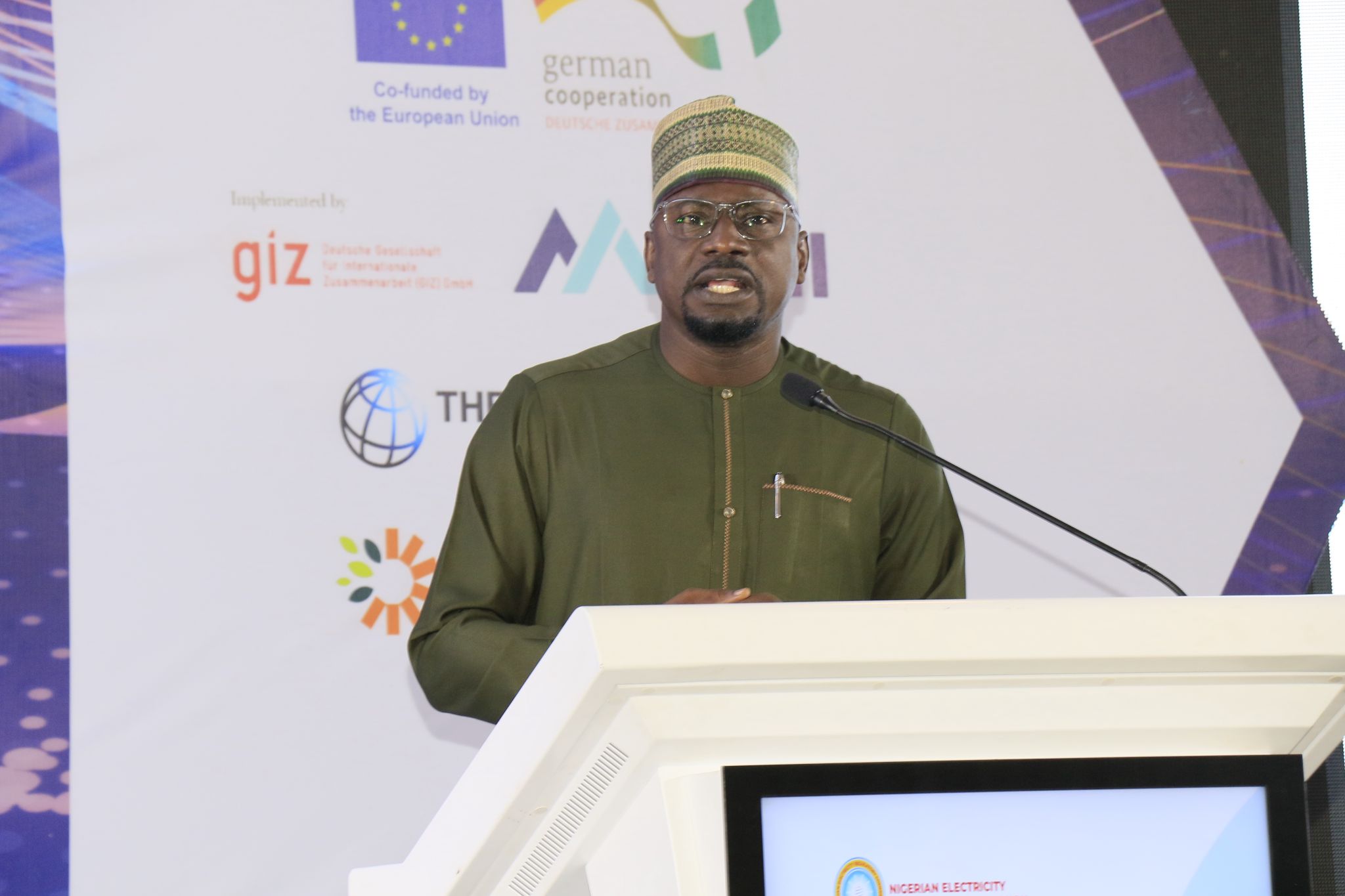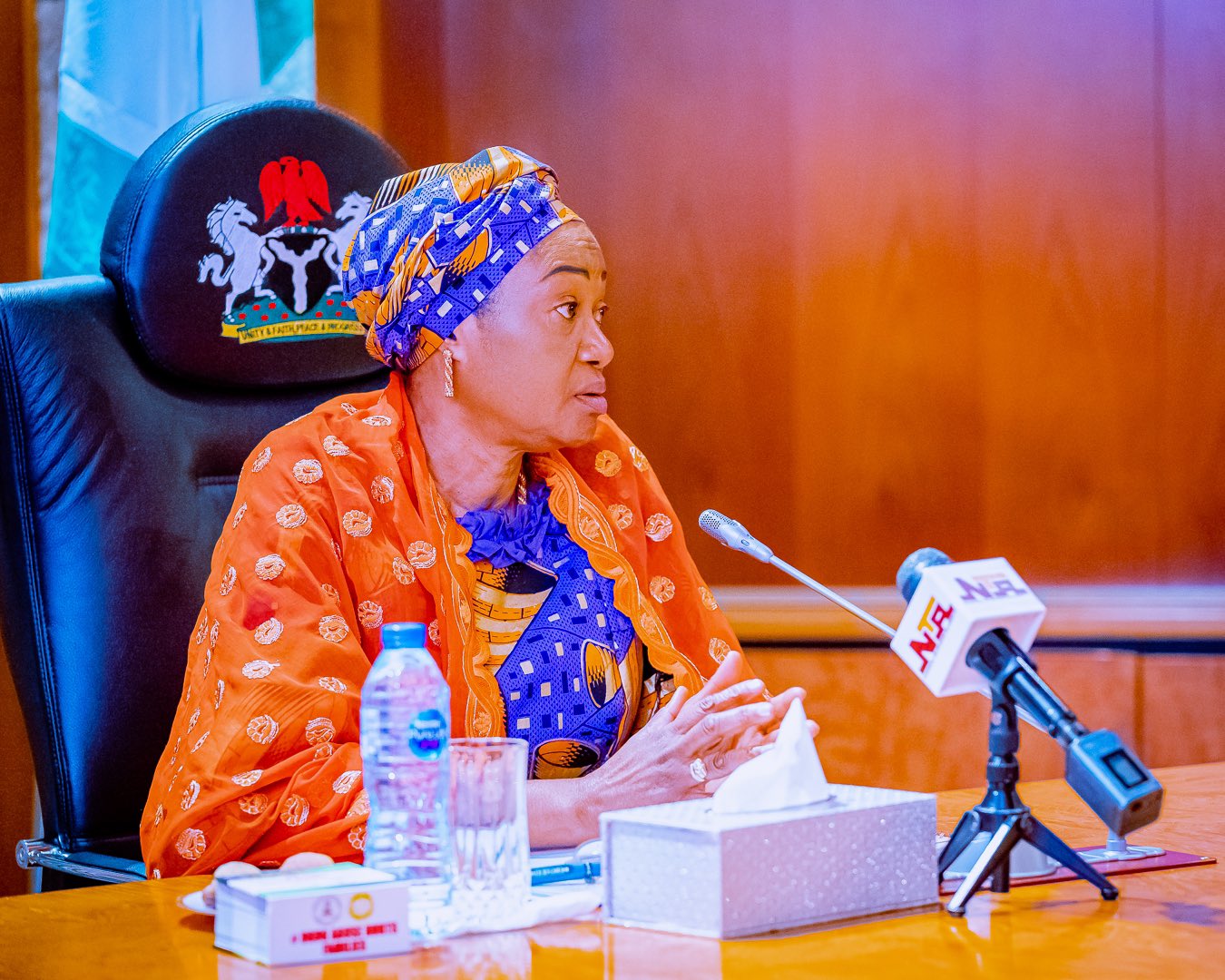The Rural Electrification Agency (REA) is making significant strides in its mission to provide electricity access to 17.5 million Nigerians. Managing Director Abba Aliyu has outlined the agency’s commitment to implementing programs that enhance electricity availability across the country. The REA electricity access initiative is crucial for improving living standards and boosting economic development.
Initiatives for Electricity Access
Abba Aliyu emphasized that the REA is focused on various programs tailored to meet the energy needs of underserved communities. “Our goal is to ensure that every Nigerian has access to reliable electricity,” he stated. This initiative is particularly vital for rural areas, where access to electricity remains limited.
The REA’s approach includes the deployment of renewable energy solutions, such as solar power. By harnessing natural resources, the agency aims to provide sustainable and cost-effective energy options. “Solar energy is a game-changer for rural electrification,” Aliyu noted. This focus on renewable energy aligns with global efforts to combat climate change and promote sustainable development.
Moreover, the agency is working on partnerships with private sector stakeholders. Collaborating with businesses can enhance the efficiency of electricity projects and ensure a broader reach. “We believe that working together with the private sector will help us achieve our goals more effectively,” Aliyu remarked.
Addressing Challenges in Electrification
While the REA’s initiatives are promising, several challenges remain. Infrastructure development in remote areas poses significant hurdles. Poor road networks and limited access to resources can impede the timely implementation of projects. Aliyu acknowledged these challenges, stating that the agency is actively seeking solutions.
Additionally, financing remains a critical issue. Securing funds for large-scale electrification projects is essential for sustainability. The REA is exploring various funding options, including international partnerships and government support. “We are committed to finding innovative financing solutions,” Aliyu explained.
Community engagement is also crucial for the success of the REA electricity access initiative. Ensuring that local populations are involved in the planning and execution of projects fosters a sense of ownership. “We want communities to be active participants in their electrification journey,” Aliyu added.
Impact on Communities
The benefits of improved electricity access extend beyond mere convenience. Reliable electricity can transform lives by enabling better healthcare, education, and economic opportunities. With access to electricity, schools can offer evening classes, and businesses can operate more efficiently. “Electricity is a catalyst for development,” Aliyu stated.
Moreover, enhanced electricity access can contribute to poverty alleviation. By providing energy solutions, the REA aims to empower individuals and families, helping them improve their living conditions. “Our ultimate goal is to uplift communities and foster economic growth,” Aliyu concluded.
Conclusion – REA Aims to Provide Electricity for 17.5 Million Nigerians
In summary, the Rural Electrification Agency’s initiatives are set to make a significant impact on the lives of 17.5 million Nigerians. Through a focus on renewable energy, community engagement, and strategic partnerships, the REA is working diligently to achieve its goals. As these programs unfold, the hope is that more Nigerians will enjoy the benefits of reliable electricity, paving the way for a brighter future.




